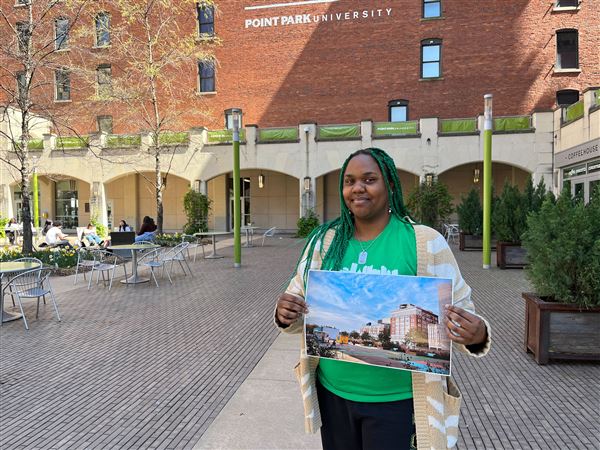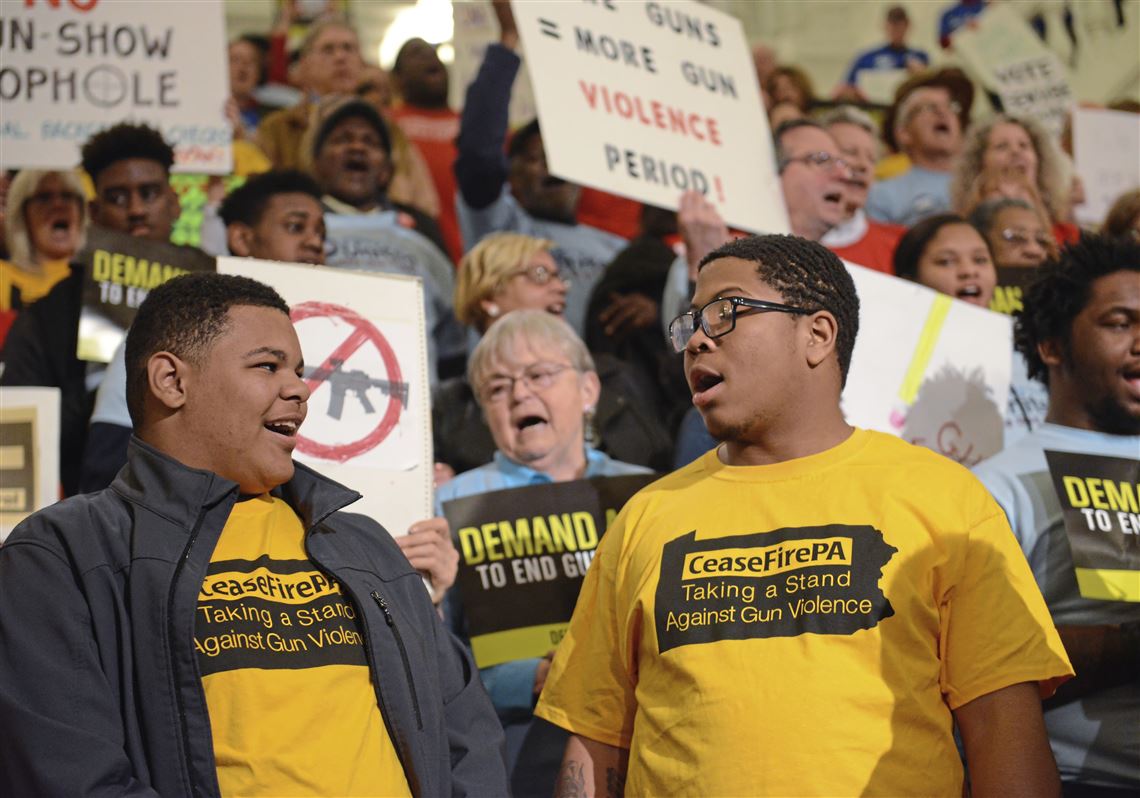High school football is at the very center of community life around southwest Pennsylvania. But at Sto-Rox and Woodland Hills high schools this year, the threat of violence has been so severe that games have either been moved to neutral stadiums or played without fans.
Something is terribly wrong.
“Idle hands are the devil’s workshop,” goes an old proverb. Idleness, in other words, is dangerous. To be sure, we all need time for genuine leisure — for pursuing those aspects of the good life, and basic well-being, that don’t bring home the bacon. But what happens when we have nothing but free time? And what happens, in particular, when the “we” in question are teenage and young adult men, full of energy and audacity and desire for status?
Violence happens.
This isn’t meant to be a crass expression of contempt for masculinity; it’s simply a reality that no amount of public policy or social progress or therapy can eliminate. Young men (and women, for that matter) with nothing good and useful to do will get up to bad and damaging business.
The Post-Gazette has recently reported on violence prevention initiatives in Woodland Hills and Sto-Rox school districts, and we can only encourage these efforts. The gun buyback program at a Rankin church, for instance, is a great way to get unnecessary guns off the streets. Perhaps a local government or foundation could pitch in so the church could offer more than $25 to $50 (plus doughnuts) per firearm.
Besides guns, there’s another kind of handheld device that Sto-Rox anti-violence campaigner Bridget Clement credits with facilitating violence: smartphones. Social media and instant communication generally make it easier for groups to organize, threats to spread and the typical small hurts of teenage life to metastasize into hatred and malice.
The ready availability of guns and smartphones exacerbates deeper issues that are much harder to root out. It’s much easier for the hands to get up to no good with a gun or an iPhone when they aren’t occupied in some other fulfilling and constructive task. Making sure that young people have such opportunities, whether through school or a workplace or some other kind of service or enrichment, is a matter of justice.
This might be construed as paternalism and, well, it is. But it’s no different from the kind of “paternalism” that provides teenagers and young adults from wealthier communities with internships, clarinet lessons, quality books, college admissions counseling, and so on. It’s paternalism in the sense that authorities and institutions have an obligation to provide young people with opportunities to work, to be useful, to contribute to their communities and to their own futures.
And here’s the thing: These kids and young adults want to be useful. They want, on some level, to be able to channel the energies of youth into something worthwhile, something good. It doesn’t have to be fancy; many young men, for instance, would benefit from and would genuinely enjoy learning how to do hard physical labor — laying concrete, framing a building, constructing a retaining wall. Besides the usefulness of the work itself, it’s certainly a more wholesome way to compete for status among the guys than gangland brawling.
We encourage these communities, then, with the support of governments, foundations and perhaps labor unions and private corporations, to try to rebuild a culture of work, of service, of usefulness. The devil, after all, can’t wreak havoc on his own; he needs human hands to do his work. So let’s deprive him of them.
First Published: December 15, 2021, 5:00 a.m.
















